
The American Civil War was groundbreaking on a number of fronts. From a military standpoint, it was the first conflict in history to feature ironclad warships, repeating rifles and a host of other combat innovations. It was also the first major conflict to feature horrifically large numbers of casualties on both sides, which meant it broke ground on medical fronts as well, and not always in a good way.
More soldiers died from disease in the Civil War than died in combat, and in order to prevent even greater humanitarian calamities than the battles were already presenting, some special individuals were needed to come to the fore.
One of them was Mary Bickerdyke. Born in 1817, she was widowed two years before the war began. And once the conflict started, Bickerdyke quickly found herself at the forefront of the battle behind the lines, to provide care for vast numbers of Union soldiers and wounded.
On this date in 1861, “Mother” Bickerdyke began her work with the Union Army. She did so after hearing a sermon from her pastor, Edward Beecher, who was a brother of the author Harriet Beecher Stowe. The members of her Galesburg, Ohio congregation sent $500 worth of supplies to the troops at Cairo, Illinois, and selected Bickerdyke to deliver them.
It didn’t take long for Bickerdyke to earn both the respect of private soldiers and generals alike, and even less time to figure out ways to hack through vast amounts of government red tape to care for “her boys”.
She joined a list of women who provided amazing care for those times — nurses such as Clara Barton, who would go on to found the American Red Cross; Dorothea Dix, Mary J. Safford, Harriet Patience Dame and Dr. Susan Ann Edson among numerous others.
Yet Bickerdyke had her own charm — and devastating effectiveness against those who got in her way. Known as the “The Cyclone in Calico”, she was absolutely unafraid to report doctors and surgeons who were inebriated or who couldn’t perform their duties or individuals who in any way couldn’t give the kind of care to the men Bickerdyke thought they deserved.
More than once, she would raid packages from home in order to feed wounded soldiers and woe betide anyone who took something intended for a wounded soldier.
Once when a surgeon, tired of Bickerdyke’s direct manner, asked her where she received her authority to conduct herself as she did, her answer was both plain and famous:
“On the authority of Lord God Almighty, have you anything that outranks that?”
Bickerdyke developed a special relationship with William T. Sherman’s command and in particular the 15th Corps, commanded by Major General John “Black Jack” Logan. The two met one evening after a battle:
While lying in his tent, he (Logan) observed a lone figure with a lamp crisscrossing the battlefield and sent an orderly to bring the person in for questioning. Bickerdyke explained that she could not rest until she was satisfied that no living man remained on the field.
Sherman once dealt with a request to “control” Bickerdyke by telling the visitor that “she ranks me”, and suggested the complainant go to President Lincoln.
But for Bickerdyke, the individual most important was always the private soldier. She would travel from battle site to battle site, making sure the wounded had clean dressings, clean clothes and could bathe regularly — and she didn’t care who she had to cajole to make that all happen.
When Union troops liberated Andersonville Prison in 1864, Bickerdyke was there right alongside Barton to help those who had suffered the horrors of commandant Henry Wirz’s camp as best she could.
At the war’s end, Sherman ordered that Bickerdyke be allowed to ride alongside Logan at the head of the 15th Corps during the grand processional parade of Sherman’s army in Washington.
But the Civil War didn’t end for Bickerdyke in 1865. She had worked the entire war as a volunteer and after Congress voted her a $25 monthly pension in 1886, she went to work advocating for veterans and the nurses who helped take care of them during the war. She was instrumental in helping obtain government pensions for over 300 Civil War nurses and was a proud member of Dix’s National Association of Army Nurses of the Civil War.
Enjoy today’s open thread!


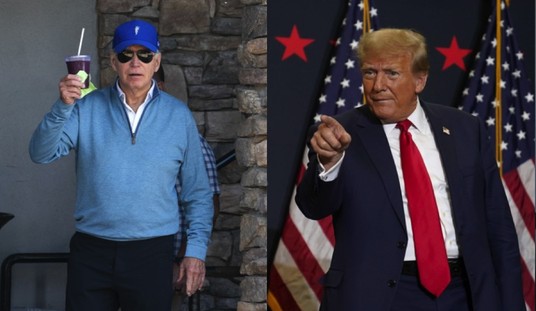

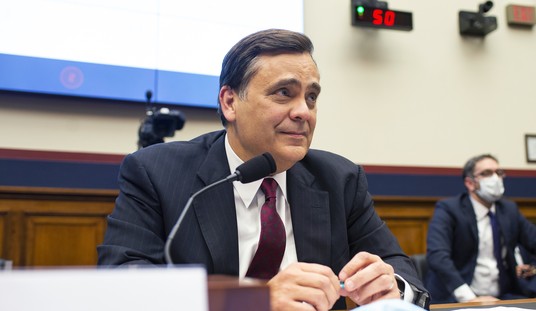

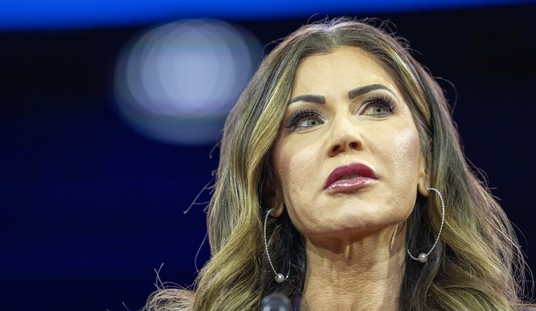
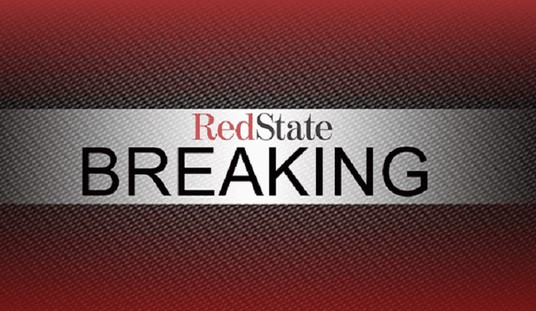

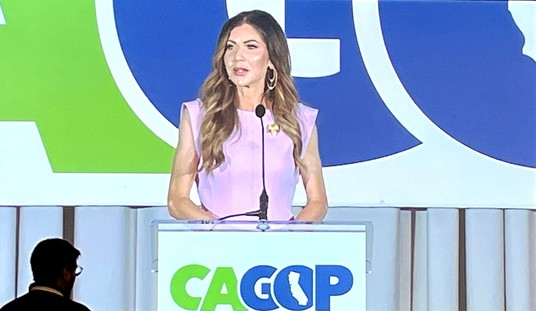



Join the conversation as a VIP Member